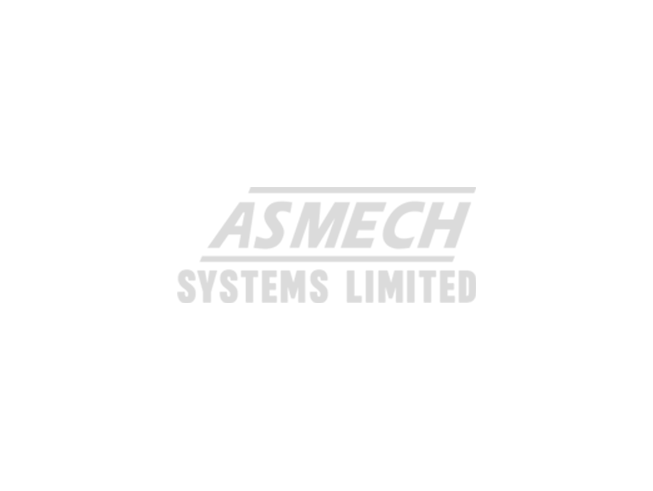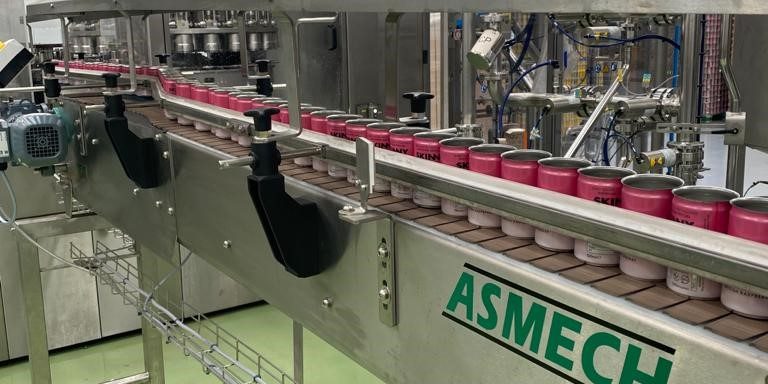Automated conveyor belts are the key for the food and beverage industry, for sanitation and efficiency
Beverage industry outlook
The beverage industry is constantly growing, and experts predict an annual growth rate of 1.7% until 2027. A report by ERA shows that the availability of key ingredients, or packaging materials, continues to plague food and beverage manufacturers. These manufacturing delays create downstream ripple effects in the value chain, severely impacting profitability. When grocery store shelves sit empty, or food service cannot fill orders to their restaurant customers, menus adjust, prices increase, and the consumer bears the brunt.
In December, ERA’s manufacturing and supply chain specialists reported shortages of critical gasses for food production continue to impact large-scale F&B manufacturers, especially those in meat packing and beverage production. Carbon dioxide (CO2) is one such gas experiencing shortages and is used throughout operations to process meat and add carbonation to drinks.
Within the growth predictions, beverage and food manufacturing sites must also adhere to huge legislative demand for quality-driven and compliant manufacturing processes. Conveyor belts are crucial for the food and beverage processing industry, they enable safe and efficient movement of products as well as the capabilities to maintain high food safety standards.
These legislative requirements, along with the fact that the latter end of 2023 will see a further emphasis across sustainability requirements, mean that the industry needs to adapt and ensure that the production systems are running as agile as possible, bridging the gap between equipment and personnel.
How conveyor systems help
Automation is a key strategy that drives efficiency and reduces human error. Having an automated conveyor system means operatives will not have to manually transport any food products. As these products are moved through the factory they can be processed in different ways. The refinement and extraction in beverage production, raw food handling and packaging for distribution. Automating systems with conveyor belts supports in achieving consistent results every day.
Instead of manual handling or transportation in vehicles, conveyor belts are a far more hygienic option. They reduce contact time between workers and the food, greatly reducing the risk of food contamination. Conveyor belts also reduce the risk of cross-contamination between different food and beverage products, with systems that include a chain conveyor, or other types, able to move different items in different directions.
Conveyor belts are customarily made of materials that are easy to clean, such as stainless steel or food-suitable plastic. It can be difficult for bacteria to stick to the surface of conveyor belts as they are designed to be smooth and seamless. They have fewer crevices and joints than other types of equipment, which reduces the risk of bacterial growth and makes them easier to clean. A modular conveyor is a particularly good fit for food production.
At Asmech Systems Ltd., we have over 25 years of experience supporting our beverage and food clients with effective manufacturing systems, across conveyors, tray packers and UV-C tunnels. You can read our recent case study on a cap feed elevator system here demonstrating how we supported with the implementation and efficient operational improvements, by designing and manufacturing two modular conveyors and an electrical control panel to integrate into the company’s existing capper.









